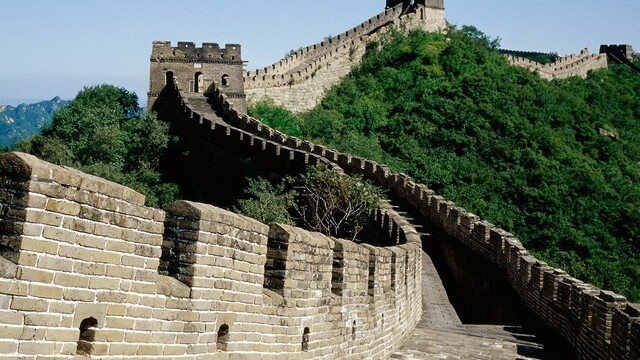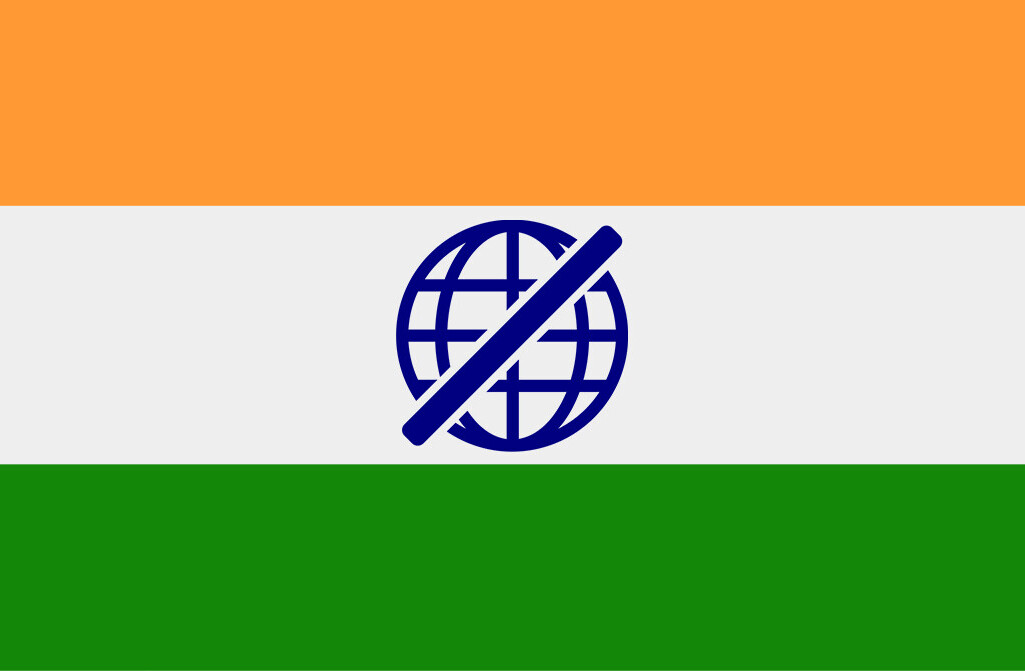
“In recent weeks, Chinese Internet users have reported difficulty accessing Gmail, causing speculation that the Chinese government is upgrading the infamous Great Firewall of China to step up its efforts to control the flow of information on the web.
It’s no secret that China is planning to tighten its control of the country’s Internet access, but given the government’s unpredictability it’s hard to tell what this means for Gmail. While popular social networks like Twitter and Facebook have been blocked for a long time, LinkedIn was blocked at one stage and then made available again after a day. Bill Bishop, an independent analyst who watches China’s Internet market, was quoted in PC World:
China routinely blocks overseas websites and takes down content it deems politically sensitive. But the problem with Gmail could mark a new tactic to disrupt services without blocking a site completely, said Bill Bishop, an independent analyst who watches China’s Internet market.
“The people behind the Great Firewall have clearly upped their game,” he said.
Gmail users have been complaining on Chinese microblogs and on Twitter that the service has been slow or inaccessible. Google spokeswoman Christine Chen said the service is not having technical difficulties and it is more likely an issue on the government’s end.
Beijing-based Internet and systems expert Richard Parris shares his thoughts (via Shanghaiist) on the latest GFW developments.
That is a real advance because what we’re seeing is not just an address list that’s blocked, or not just servers names and keywords that are blocked, but what appears to be some kind of understanding of the service that is provided by the page. And specifically what we’re seeing that’s really changed is very wide scale blocking of things that may be used as communication tools, as rapid communication tools, of the Facebook/Twitter kind, that have been to various degrees hyped as playing a part in recent events in the Middle East, and other places.
With recent uprisings in multiple Middle Eastern countries attributed to social media, China’s Internet censors were likely told “to squeeze even harder”, said Bishop, who believes the Gmail interruptions represent a shift in policy decision. This may also affect users who rely on VPNs to circumvent the Great Firewall because the problems come with increasing technological complexity in the Firewall’s network configurations.
What’s next? A China Gmail clone?
Get the TNW newsletter
Get the most important tech news in your inbox each week.





